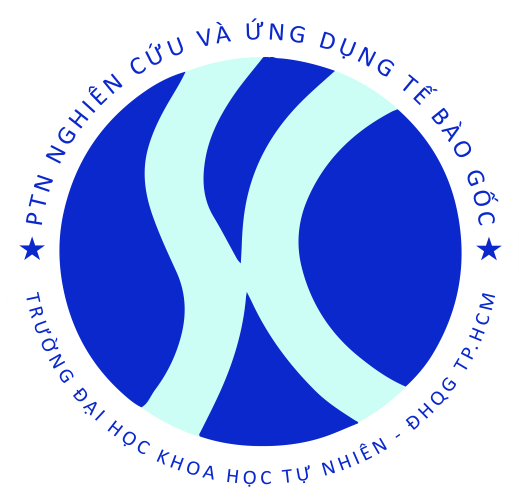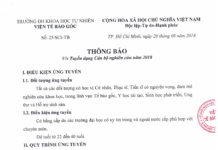2015, pp 205-215
Human Menstrual Blood-Derived Stem Cell Transplantation for Acute Hind Limb Ischemia Treatment in Mouse Models
Abstract
Limb ischemia is a common disease that occurs when there is a sudden lack of blood flow to a limb due to embolism or thrombosis. Currently, treatment of this disease is extremely difficult and shows poor efficacy. De novo angiogenesis based on stem cell therapy is considered as a promising therapy for treating this disease. Therefore, this study aimed to evaluate the efficacy of menstrual blood-derived stem cell (MenSC) transplantation to treat acute limb ischemia in mouse models. Human menstrual blood was collected from healthy donors. MenSCs were isolated from this blood by culturing in DMEM/F12 supplemented with 10 % FBS (fetal bovine serum) and 1 % antibiotic-mycotic. Obtained MenSCs were confirmed by specific marker expression and in vitro differentiation into adipocytes and osteoblasts. Acute hind limb ischemic mouse models were established by femoral artery ligation following published protocols. Acute hind limb ischemic mouse models were treated with MenSCs by three methods: injection into the ischemic region, injection into the tail vein, and a combination of both. The treatment efficacy was evaluated by the degree of ischemic damage, tissue edema, neuromuscular scores, pedal reflex frequency, and histology. The results showed that MenSCs significantly improved hind limb ischemia. MenSC transplantation assisted recovery of the ischemic tissue from grade IV to III, II, I, and 0, with the best outcome achieved with combinatorial therapy in which 3/10 treated mice returned to normal (grade 0). These results indicate that menstrual blood is a promising source to isolate stem cells for hind limb ischemia treatment.
- Title
- Human Menstrual Blood-Derived Stem Cell Transplantation for Acute Hind Limb Ischemia Treatment in Mouse Models
- Book Title
- Regenerative Medicine
- Book Subtitle
- Using Non-Fetal Sources of Stem Cells
- Book Part
- Part V
- Pages
- pp 205-215
- Copyright
- 2015
- DOI
- 10.1007/978-1-4471-6542-2_20
- Print ISBN
- 978-1-4471-6541-5
- Online ISBN
- 978-1-4471-6542-2
- Publisher
- Springer London
- Copyright Holder
- Springer-Verlag London
- Additional Links





